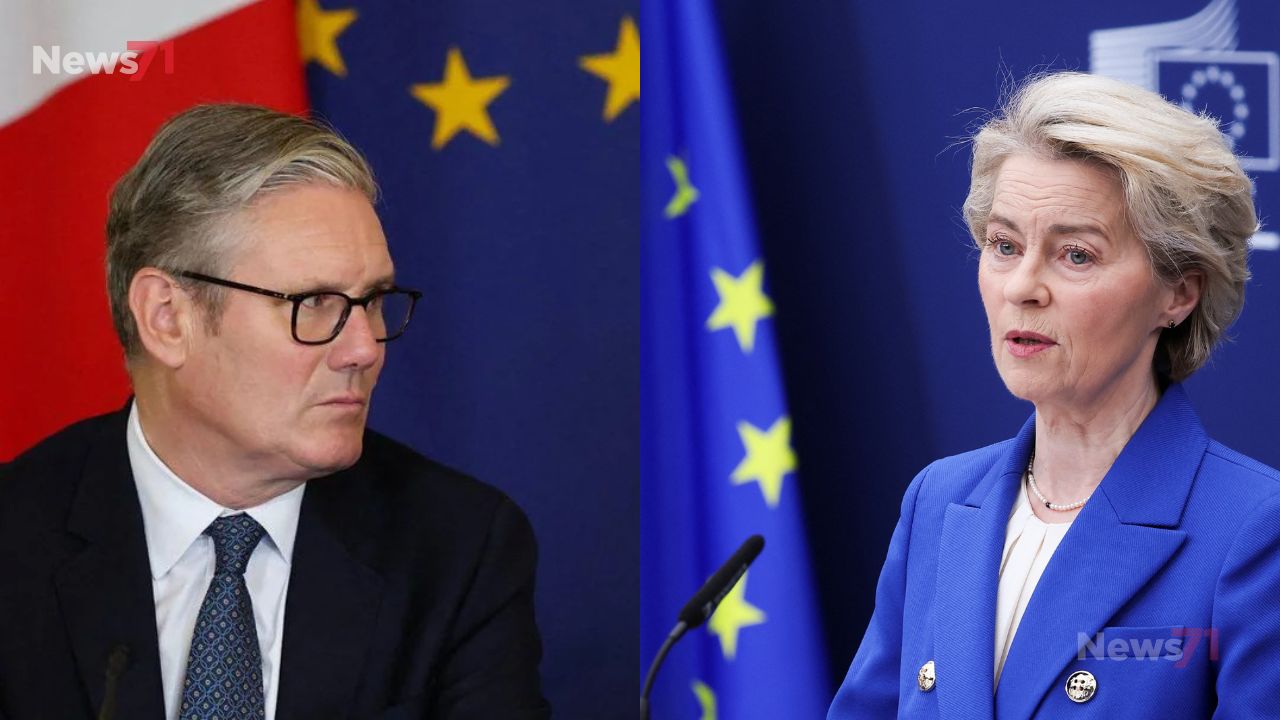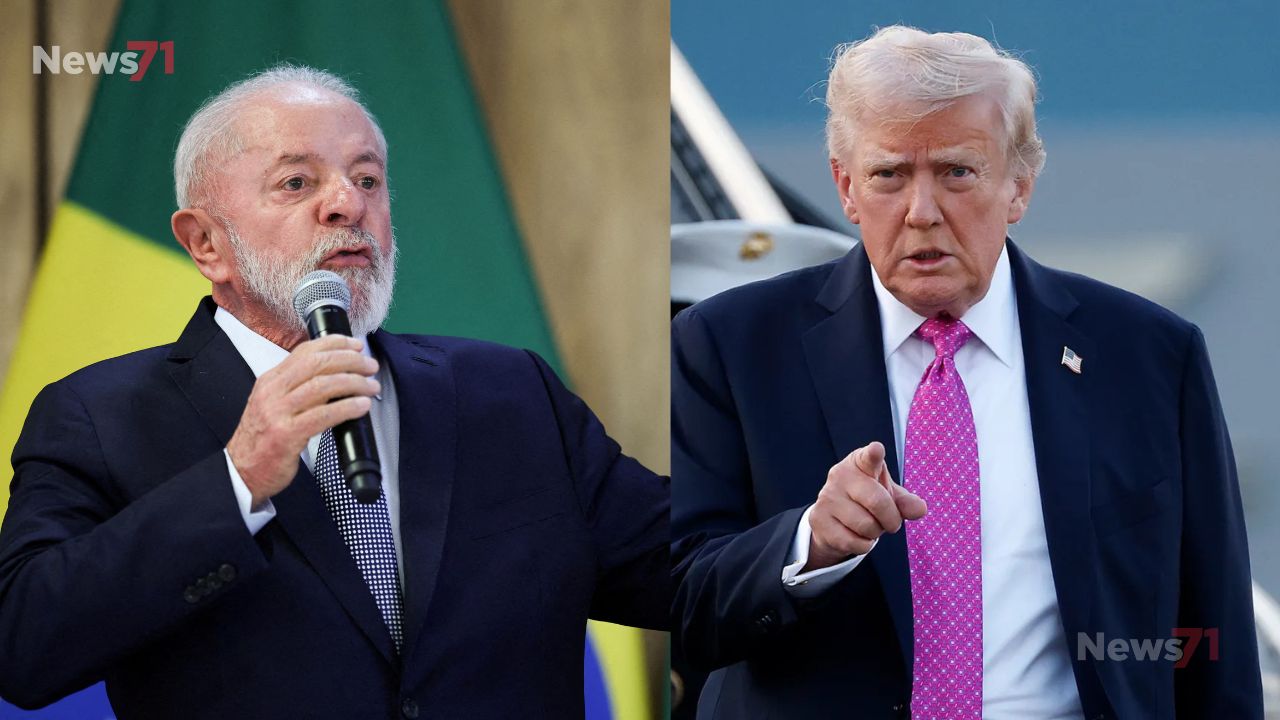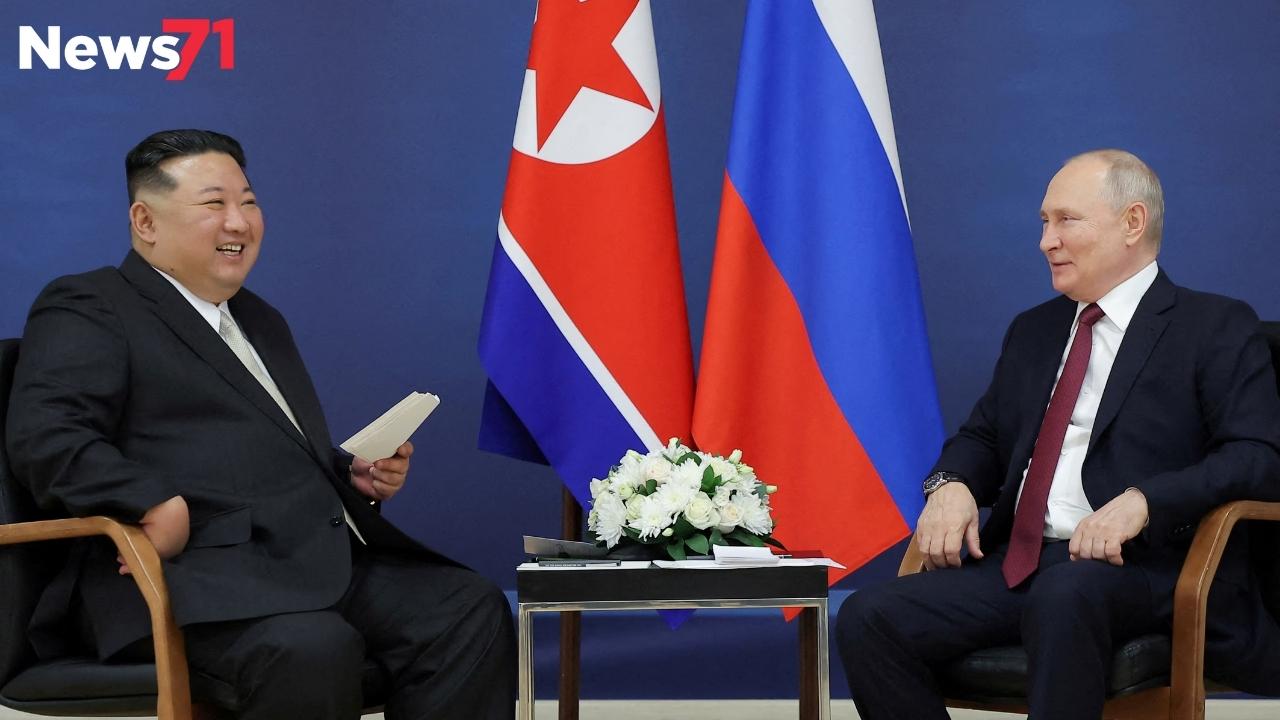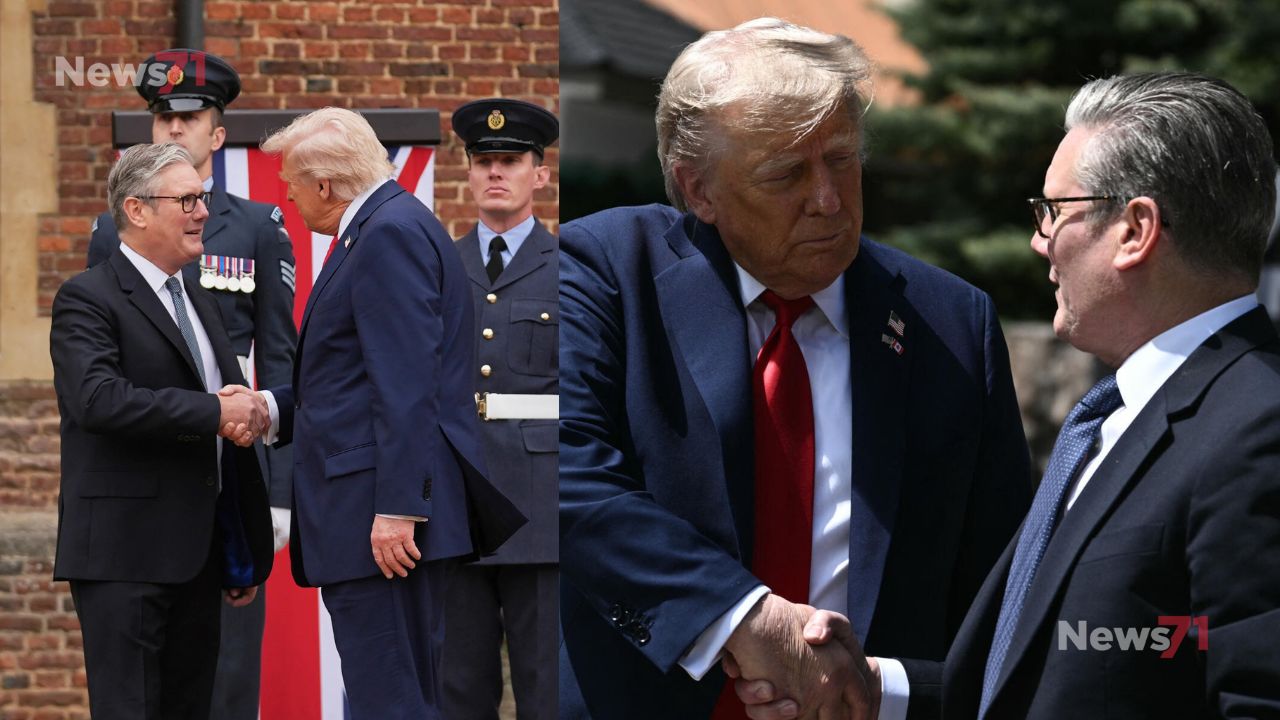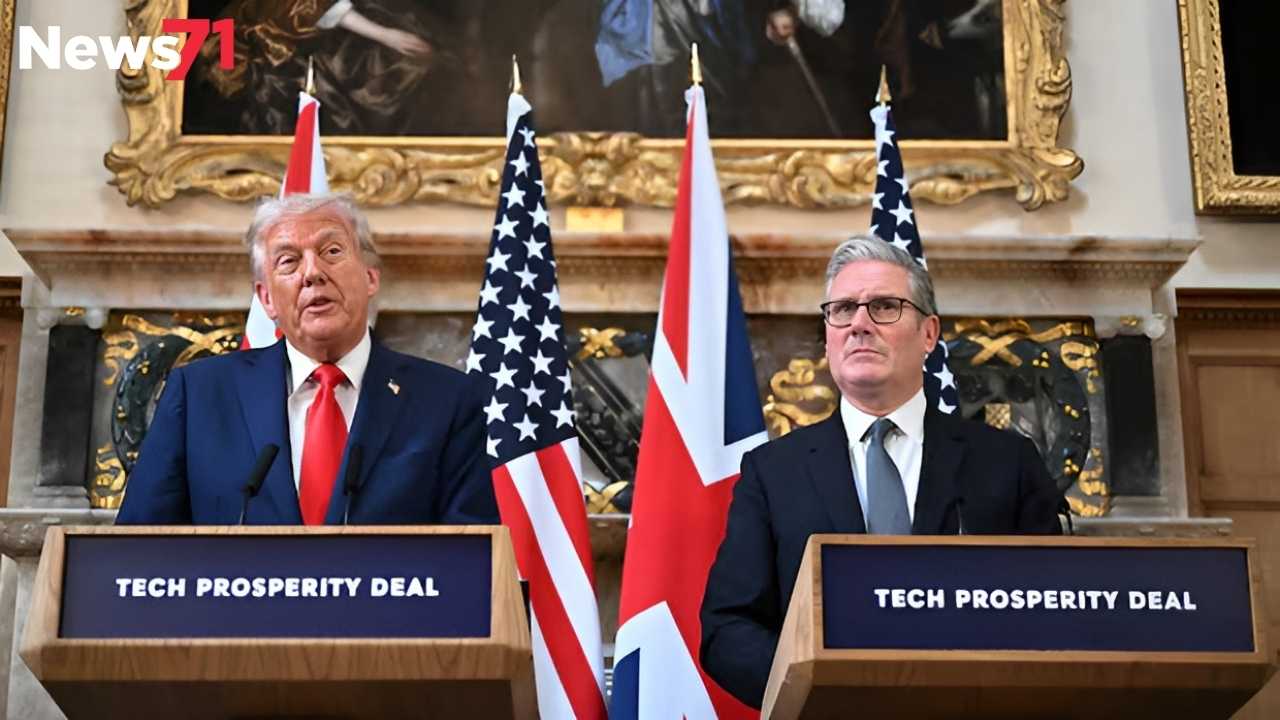France UK defence, France has floated a plan to limit how much British-produced equipment can be used in projects financed by the European Union’s €150bn Security Action for Europe (SAFE) defence fund — a move that could complicate the UK’s path to deeper participation. Diplomatic briefings indicate Paris wants a ceiling set at 50% of the value of UK components within any SAFE-backed project, tightening the terms under which British industry can supply European programmes.
What France is proposing
French officials have argued that SAFE projects should primarily reinforce the EU’s own industrial base. Their idea: cap the share of British inputs at half the value of any project that draws on the €150bn loan facility. The push aligns with France’s long-standing vision of a more autonomous European defence industry and its view that, post-Brexit, Britain should not enjoy single-market-style benefits. France UK defence
France UK defence cap on
The UK’s political opening came in May, when Prime Minister Keir Starmer and European Commission President Ursula von der Leyen agreed a new EU-UK security and defence partnership. That pact unlocked the possibility of British firms supplying a larger share of content to SAFE projects; without it, UK components would have been capped at roughly 35%. Even with the political green light, however, London still needs a technical agreement covering access, conditions and fees — and that is where additional limits could bite.
Importantly, the UK does not plan to draw SAFE loans itself, as those are designed for EU member states. Instead, Britain hopes its defence companies can join consortia and supply chains — from small drones, ammunition and infantry weapons to artillery systems and precision-strike capabilities — benefiting indirectly from Europe’s rearmament drive. France UK defence
SAFE’s broader context: Europe’s rearmament push
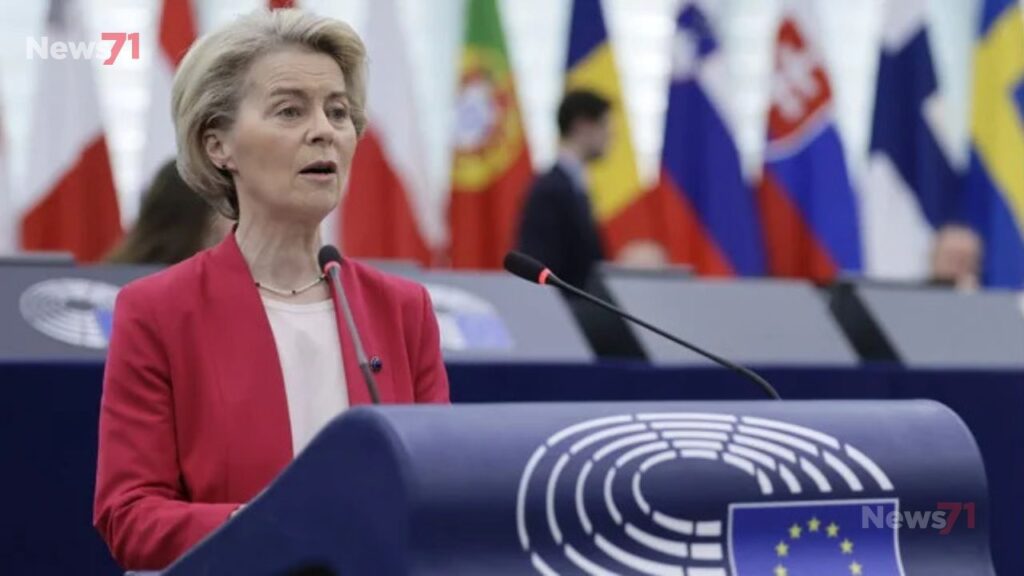
France UK defence, SAFE is a central pillar in the EU’s effort to mobilise hundreds of billions of euros for defence over the coming years. The loans scheme lowers borrowing costs for member states to procure equipment, restock arsenals and support Ukraine. EU leaders have praised the rapid rollout: in less than six months, member governments began taking up loans, underscoring the programme’s sense of urgency.
Recent allocations highlight the scale: 19 EU countries have signalled participation. Poland is tapping the largest share, about €43.7bn. France and Hungary intend to borrow roughly €16.2bn each, Romania about €16.7bn and Italy around €14.9bn. These funds can flow into domestic procurement or assistance to Kyiv, depending on national priorities.
Where EU capitals stand on UK limits
While Paris is pressing for a firm cap on British inputs, most EU member states reportedly prefer flexibility. Many argue that Europe’s immediate priority is speed and scale — getting the best kit fast and at competitive cost — which often means drawing on established UK suppliers. To that end, a large majority of capitals are said to oppose hard restrictions, viewing a 50% ceiling as an unnecessary constraint.
The debate now shifts to Brussels, where member states must agree a negotiating mandate for talks with London. The EU needs unanimity to finalise its position. In parallel, the Commission is also preparing association terms for Canada, which recently signed its own defence and security pact with the bloc. France UK defence
What London and Brussels still need to settle
Two tracks are in focus:
- Scope and caps: Whether the EU will accept UK participation beyond existing thresholds and if any new ceiling, such as France’s 50% proposal, will be adopted.
- Association fee and technical terms: The cost for the UK to plug into SAFE (covering administration and access) and the detailed rules around eligibility, security of supply, and origin of components.
For British firms, clarity on these points will determine how seamlessly they can join EU supply chains and whether they can plan multi-year investments tied to SAFE demand.
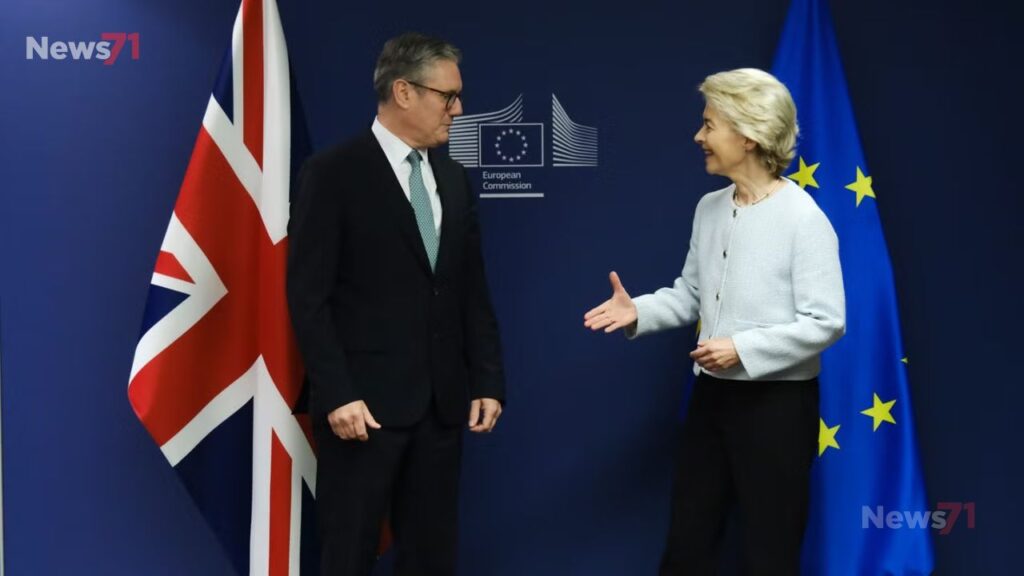
The bottom line
France’s call to limit UK content in the €150bn SAFE fund sets up a pivotal test of Europe’s defence ambitions: should the EU prioritise strategic industrial autonomy with tighter origin rules, or opt for maximum flexibility to rearm faster by drawing on proven UK suppliers? With most capitals favouring openness, but Paris pushing for stricter thresholds, the coming negotiations will shape how far and how fast British industry can participate in Europe’s defence resurgence — and how effectively the EU can turn SAFE’s financial firepower into real capabilities on the ground.
